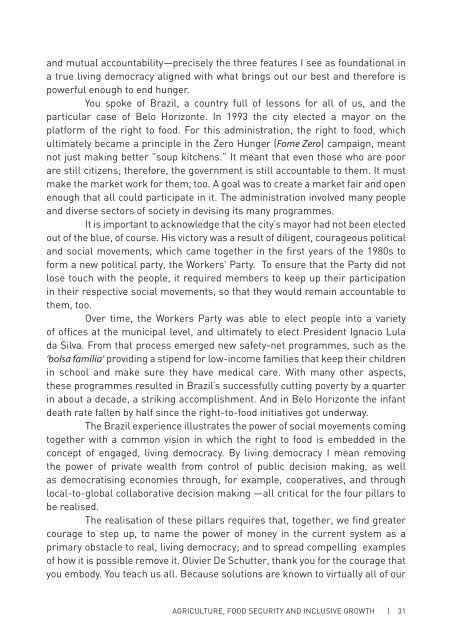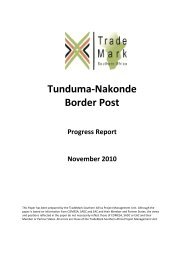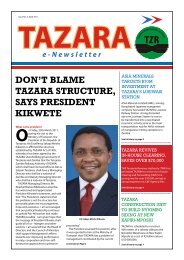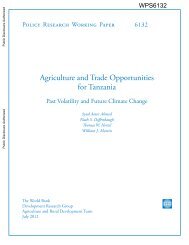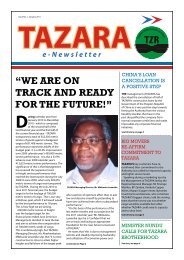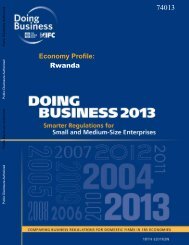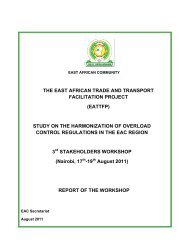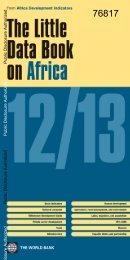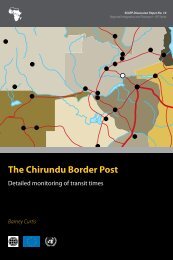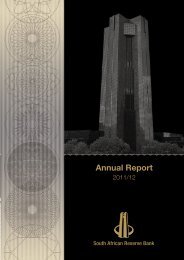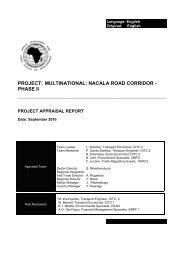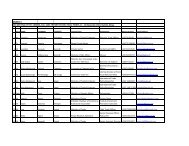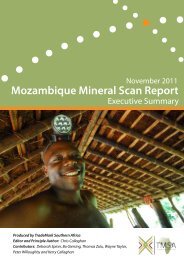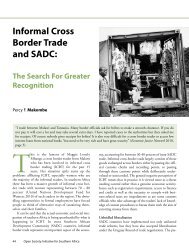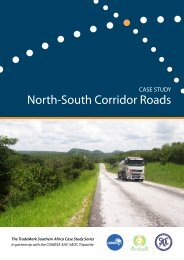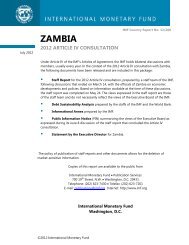Agriculture, Food Security and Inclusive Growth - SID Netherlands ...
Agriculture, Food Security and Inclusive Growth - SID Netherlands ...
Agriculture, Food Security and Inclusive Growth - SID Netherlands ...
You also want an ePaper? Increase the reach of your titles
YUMPU automatically turns print PDFs into web optimized ePapers that Google loves.
<strong>and</strong> mutual accountability—precisely the three features I see as foundational in<br />
a true living democracy aligned with what brings out our best <strong>and</strong> therefore is<br />
powerful enough to end hunger.<br />
You spoke of Brazil, a country full of lessons for all of us, <strong>and</strong> the<br />
particular case of Belo Horizonte. In 1993 the city elected a mayor on the<br />
platform of the right to food. For this administration, the right to food, which<br />
ultimately became a principle in the Zero Hunger (Fome Zero) campaign, meant<br />
not just making better ”soup kitchens.” It meant that even those who are poor<br />
are still citizens; therefore, the government is still accountable to them. It must<br />
make the market work for them, too. A goal was to create a market fair <strong>and</strong> open<br />
enough that all could participate in it. The administration involved many people<br />
<strong>and</strong> diverse sectors of society in devising its many programmes.<br />
It is important to acknowledge that the city’s mayor had not been elected<br />
out of the blue, of course. His victory was a result of diligent, courageous political<br />
<strong>and</strong> social movements, which came together in the first years of the 1980s to<br />
form a new political party, the Workers’ Party. To ensure that the Party did not<br />
lose touch with the people, it required members to keep up their participation<br />
in their respective social movements, so that they would remain accountable to<br />
them, too.<br />
Over time, the Workers Party was able to elect people into a variety<br />
of offices at the municipal level, <strong>and</strong> ultimately to elect President Ignacio Lula<br />
da Silva. From that process emerged new safety-net programmes, such as the<br />
‘bolsa familia’ providing a stipend for low-income families that keep their children<br />
in school <strong>and</strong> make sure they have medical care. With many other aspects,<br />
these programmes resulted in Brazil’s successfully cutting poverty by a quarter<br />
in about a decade, a striking accomplishment. And in Belo Horizonte the infant<br />
death rate fallen by half since the right-to-food initiatives got underway.<br />
The Brazil experience illustrates the power of social movements coming<br />
together with a common vision in which the right to food is embedded in the<br />
concept of engaged, living democracy. By living democracy I mean removing<br />
the power of private wealth from control of public decision making, as well<br />
as democratising economies through, for example, cooperatives, <strong>and</strong> through<br />
local-to-global collaborative decision making —all critical for the four pillars to<br />
be realised.<br />
The realisation of these pillars requires that, together, we find greater<br />
courage to step up, to name the power of money in the current system as a<br />
primary obstacle to real, living democracy; <strong>and</strong> to spread compelling examples<br />
of how it is possible remove it. Olivier De Schutter, thank you for the courage that<br />
you embody. You teach us all. Because solutions are known to virtually all of our<br />
AGRICULTURE, FOOD SECURITY AND INCLUSIVE GROWTH | 31


